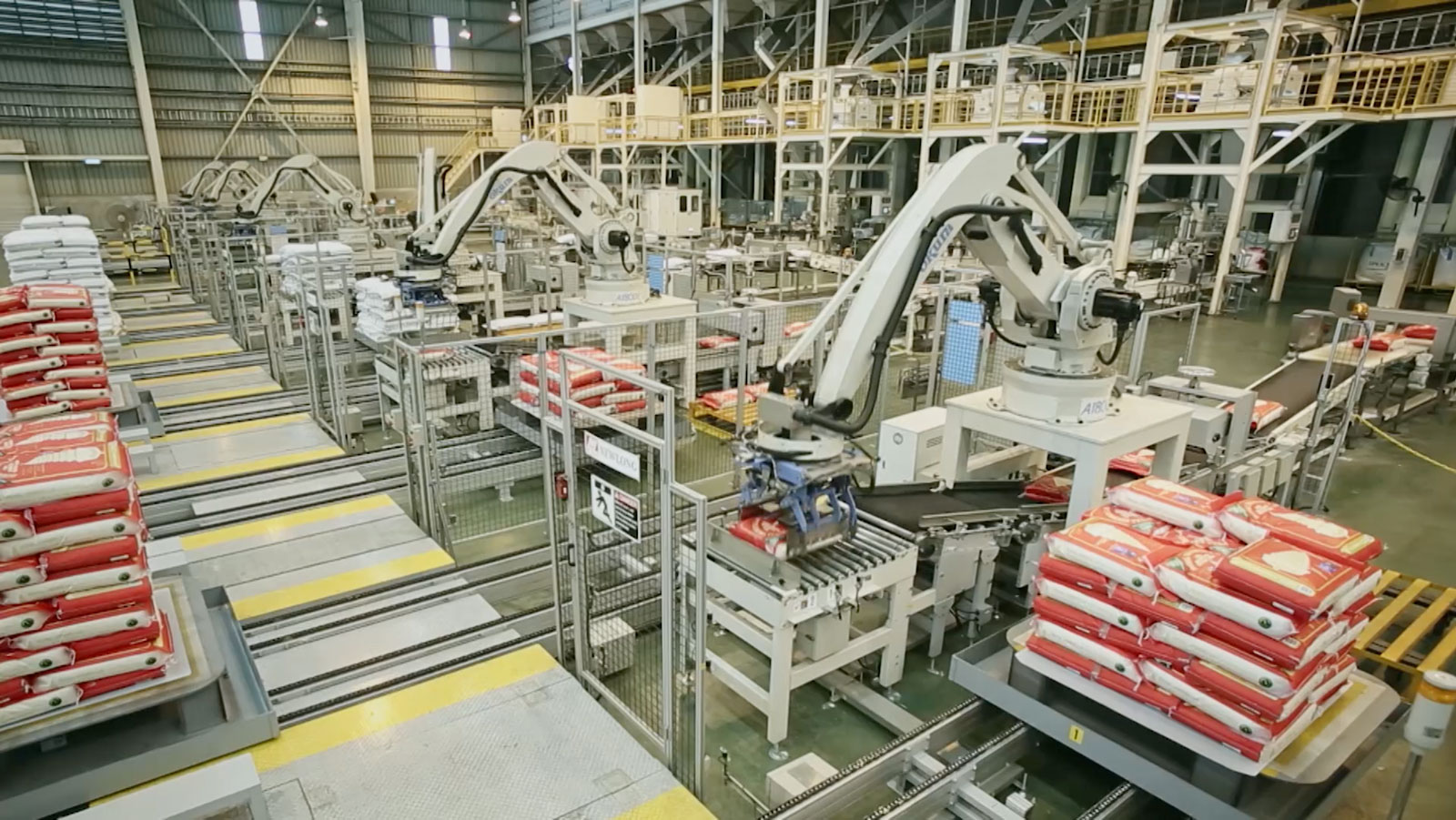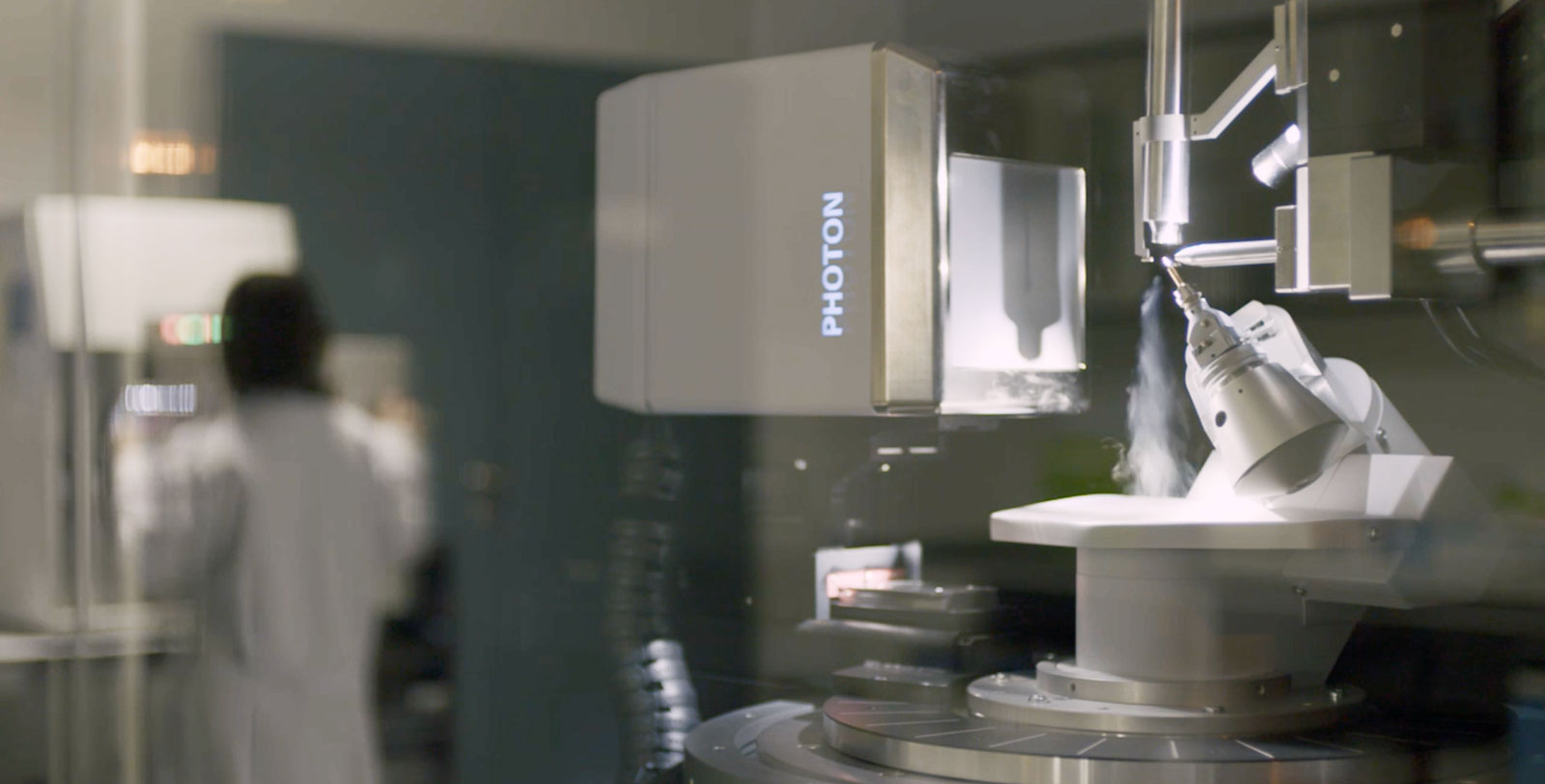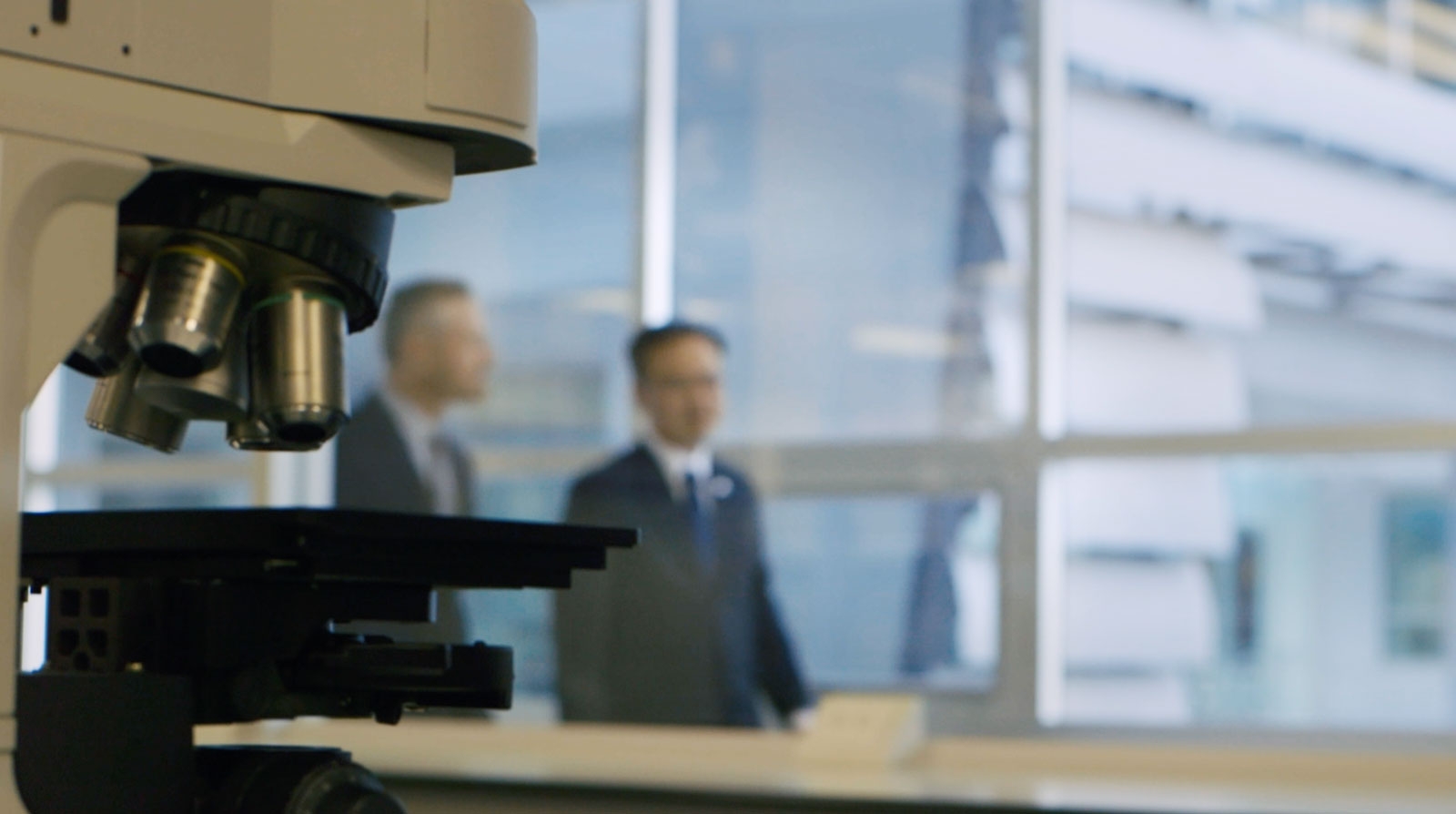How Thailand is bringing technology to the table

THE WORLD’S FOOD NEEDS ARE EVOLVING
By 2050, nearly ten billion people could live on Earth, according to the UN Food and Agriculture Organization (FAO). But the pitfalls of a swelling population have already come into focus.AN UNCERTAIN FOOD FUTURE
With more mouths to feed than ever before, the world will soon have to balance the competing pressures of meeting the nutritional needs of billions more people while maintaining safety and food quality standards and decreasing the impact of increased production on the environment.
There has never been a greater demand for sustainable food resources, nor has innovation ever been so important to safeguarding our food systems.
But solutions to these global challenges are already in the works.
Forward-looking countries are reengineering their agricultural industries by developing new technology and adopting sustainable farming practices.
To see how the future of food is being revolutionised, look no further than Thailand.
Thanks to its agricultural legacy and strategic use of natural resources, Thailand has long played a key role as a leading net food exporter. Now, the country hopes its inventiveness, food manufacturing expertise and investment in agriculture and food technology can help reinforce its status as the “kitchen of the world”.
Thailand has consistently transformed its food industry over the past 60 years. Through the transfer of technology, perseverance and government support – from improving credit access for farmers to implementing international standards in production and packaging to ensure the highest level of safety and quality across the food chain.

Through doing so, the country has climbed to the upper echelon of the global agribusiness trade.
Today, Thailand is one of the largest net food exporters in the world, shipping core commodities such as high-quality rice, cassava, canned tuna and pineapples to key trading partners such as the US, Europe, Japan, Australia and Canada.
Thailand has shown how quick it is to adapt. It was the first Southeast Asian nation to adopt agriculture biotechnology. Now big companies, such as Betagro, are experimenting with robotics, automated sensors and drone technology to increase yields and cut production costs.
But the country has the capacity to do more.
Both the Thai government and private sector understand that favourable conditions will not be enough to meet the needs of the future. Nor will traditional means of farming.
In 2017, Thailand Board of Investment (BOI) received 215 new applications for projects related to agriculture and agricultural products, valued over US$1.9 billion in total. This figure illustrates how important agriculture is to the country. Not just any kind of agriculture, either.
Many of the projects Thailand has greenlighted should steer the industry toward agricultural technology (AgriTech) and food technology (FoodTech). One of the pillars of AgriTech is smart farming, a tech-driven farming framework that uses innovations such as GPS, automation through robotics and data analytics to increase the yield and quality of agricultural products.
215 new applications for agricultural projects, valued over US$1.9 billion in total (2017).
24 universities allow up to 7k students to graduate in biotechnology.
Eyeing evolution from farm to table, the Thai government believes smart farming will improve agriculture beyond just yield and quality. It will strengthen the entire industry by cultivating collaboration between farmers, the public sector and private companies.
While the government aims to incubate big projects driven by AgriTech, Thai institutions are investing in the future of FoodTech. Currently, 24 universities nationwide allow up to 7,000 students to graduate each year with a biotechnology background, helping to prepare a well-trained work force for companies breaking new ground in FoodTech and AgriTech in Thailand.
215 new applications for agricultural projects, valued over US$1.9 billion in total (2017).
24 universities allow up to 7k students to graduate in biotechnology.
COMPANIES PIONEERING AGRICULTURE TECHNOLOGY
Thanks to precision agriculture, robotics and biotechnology introduced by leading companies, many Thai farmers are already enhancing productivity and quality in the digital age. These innovations offer hope for the future, as well as a model for Thai and foreign collaboration.

As the country moves forward with its Thailand 4.0 roadmap – an economic model designed to transform the economy through greater investments in digital technology and innovation – the Thai government continues to push technology, innovation and research and development.
That includes the breakthroughs happening at Thailand’s Food Innopolis.
Featuring state-of-the-art facilities and units dedicated to biotechnology, biosensing and biodiversity, the Food Innopolis incubates research, development and innovation for the food industry. The Food Innopolis is integrated into Thailand Science Park (TSP), a community of advanced research institutes, universities and private companies ranging from start-ups to SMEs to multinational corporations. So far 35 businesses have joined this pioneering innovation hub, including the Thai Union Group, the world’s largest processor of shelf-stable tuna.
35 businesses have joined Food Innopolis, Thailand’s pioneering innovation hub.

The Thai government, for its part, has shown a commitment to transforming Thailand into high-tech food and agriculture hub. Thailand Board of Investment (BOI) offers a wide range of incentives to companies that set up advanced facilities in the country, such as corporate income tax exemptions of up to thirteen years. Non-tax incentives include visa and work permits for experts, as well as permission to own land for promoted activities.






